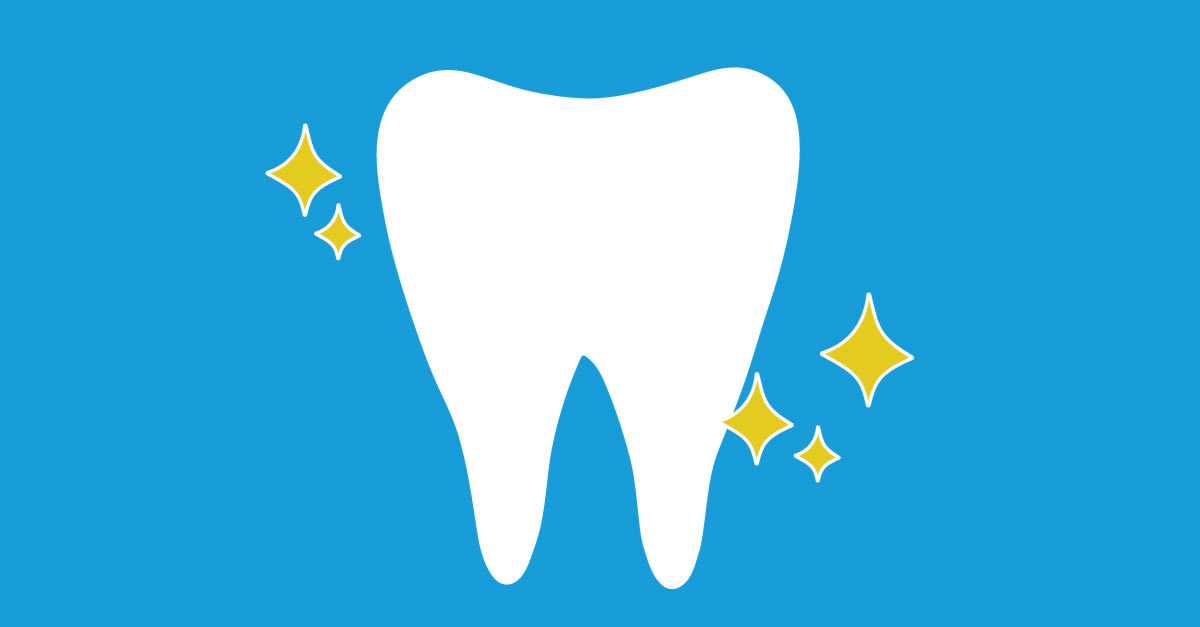Whether a dentist or an endodontist performs your root canal therapy, and despite the differing methods used, the objectives are the same: to clean, disinfect and seal the tooth. What varies, however, is the invasiveness of the treatment performed, which can affect your root canal recovery. While it is always recommended to follow your provider’s post-care directives, here are some general guidelines for root canal aftercare.
MANAGING MINOR DISCOMFORT
Many people fear root canal therapy, assuming it will cause them pain—when, in actuality, the root canal procedure can provide relief from the pain of the infection. After your procedure, however, you may experience some tenderness in the area and some mild soreness from having your mouth open for an extended period during the procedure.* Until the tenderness subsides, try to avoid biting down on the treated tooth, and manage any discomfort with over-the-counter pain medications such as Tylenol or ibuprofen.**
MAINTAINING GOOD ORAL HYGIENE
Oral health affects your overall health! And keeping up with your normal brushing and flossing routine after a procedure is more important than ever—to help avoid developing an infection in the newly treated tooth. If your tooth was left open to drain, gently rinse debris from your mouth with a warm saltwater solution after every snack or meal***—once the tooth is sealed permanently, brush and floss as usual. Your tooth is trying to heal! And in an environment in which over 700 different strains of bacteria have been detected, keeping bacteria at bay can help the tooth heal as well as prevent reinfection, tooth decay and gum disease.†
PAYING ATTENTION TO YOUR PROGRESS
For a while following treatment, you are likely to experience a slightly different sensation from your treated tooth than your other teeth.† Be sure to pay attention to any changes, for the bad or for the better, and to contact your practitioner immediately if you experience any of the following symptoms:
- Severe pain or pressure lasting more than a few days;
- Visible swelling inside or outside your mouth;
- An allergic reaction to medication (rash, hives or itching);
- Your bite feels uneven;
- The temporary crown or filling, if one was put in place, comes out (losing a thin layer is normal); or,
- Symptoms you experienced prior to treatment return.††
FINDING A LESS INVASIVE ALTERNATIVE
What to expect after a root canal can vary depending on the protocol used to treat your root canal system infection. An alternative to standard root canal treatment, the GentleWave® Procedure, uses a minimally invasive1 approach to accessing and cleaning the root canal. This practice leaves more of the tooth structure intact,4 helping to keep the tooth strong and maintaining its natural function.
Want to talk to someone about what to expect after the GentleWave Procedure? Find a GentleWave Provider today!
* AAE
** WebMD
† Colgate
†† AAE
